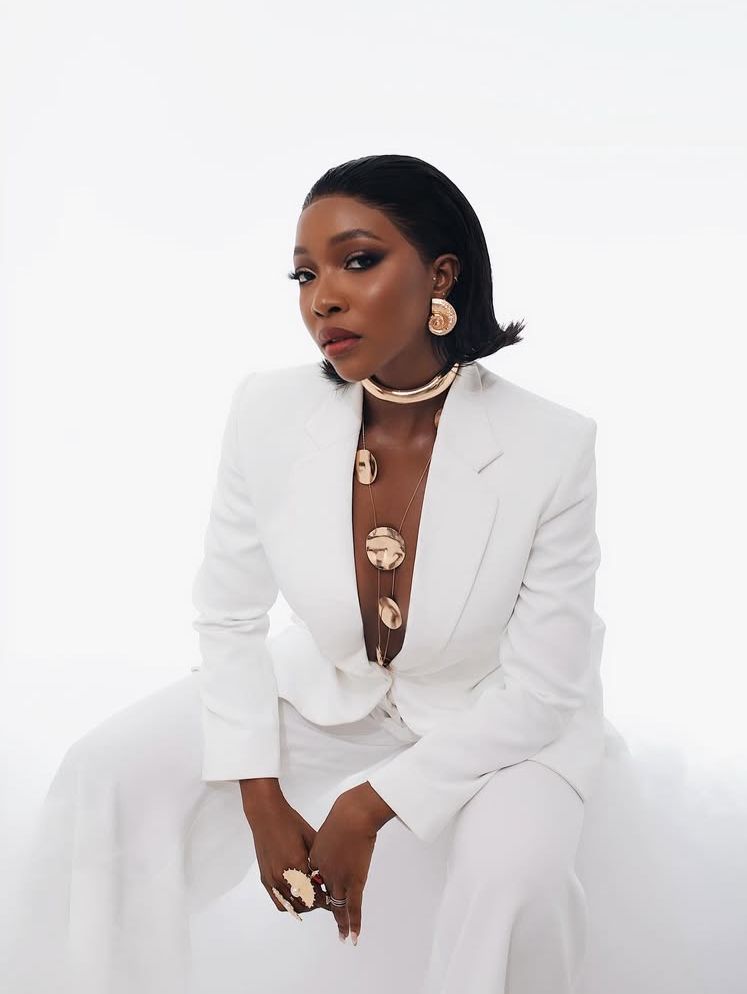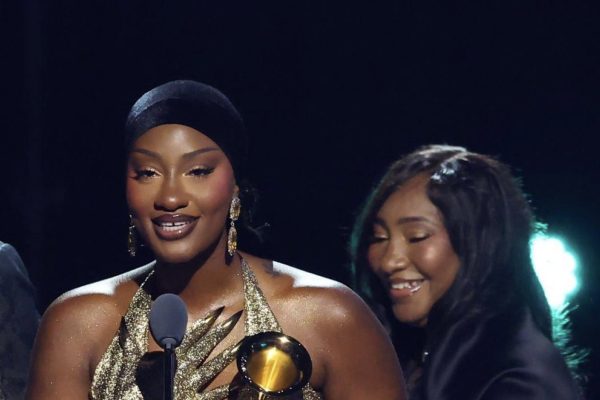The Nigerian alté artist, Tochukwu Gbubemi Ojogwu, popularly known as Odumodublvck, claimed that his 2023 breakout hit “Declan Rice” had a cultural impact when he mentioned in an interview with Beats FM: “No Nigerian hip-hop song has had the cultural impact that ‘Declan Rice’ has in the past twenty years.”
This sparked a round of controversy on the internet. For some, the statement felt earned, after all, the song made waves in both Nigeria and the UK, it earned him co-signs from football stars, and became frequently featured on playlists, even memes.
But here’s the thing: going viral doesn’t equal impacting culture. Let’s break down the difference between viral and cultural impact, and why “Declan Rice” didn’t quite make the cut.
Viral impact is about speed and spread. It’s when a piece of content, a song, video, meme, gains widespread traction across the internet, racks up views, becomes a trending sound, and is everywhere on timelines for a while. It’s usually loud and exciting,
While cultural impact, on the other hand, has a deeper impact. It’s more about a lasting influence that changes how people think, talk, dress, act, or create. It is something that leaves a mark. A song with cultural impact becomes part of the social fabric; it is the kind that influences movements and reshapes perspective. It is often mistaken because both get the attention of their audience and keep them in a chokehold.
Some examples of viral hits are Davido’s “Aye”, Olamide’s, Falz’s, and Davido’s “Bad, Baddo, Baddest”, The Mavin’s “Dorobucci”, etc. You couldn’t open Instagram or TikTok without seeing someone use it as a sound for their video or the choreography made for it. It trended, it racked up views, and then it quietly left the chat. Why? Was it viral? Yes. Cultural? Not quite.
Meanwhile, Falz’s “This is Nigeria” brought about real conversations on corruption, church hypocrisy, and the failings of government. It was banned from airplay, discussed in schools, remixed, and even referenced in protests. That’s cultural impact, music that moves a people, not just numbers, and has a deeper impact that can shape perspectives. Asa’s “Fire on the Mountain” was also a song with cultural impact and so much more.
“Declan Rice” was undeniably viral because it gave Odumodu a breakthrough moment, as he mentioned on X (formerly Twitter), he said: “I got rich off singing about Declan Rice. Like, I made so much money.”
But that’s not enough to call it a cultural impact. Because it did not influence how Nigerians see themselves, shift conversations on music, youth identity, national discourse, or shape perspectives. In essence, “Declan Rice” was a vibe, not a movement.
The success and popularity of the song may make this controversy a stretch; however, cultural impact is not about being seen or popular, it has more to do with changing what people see and how they see things.
Cultural impact is earned over time. It’s not just about numbers or nods from celebrities, it’s about change. Change in mindset, behaviour, and the impact it is capable of having in society, not for the fun of it or vibes.















